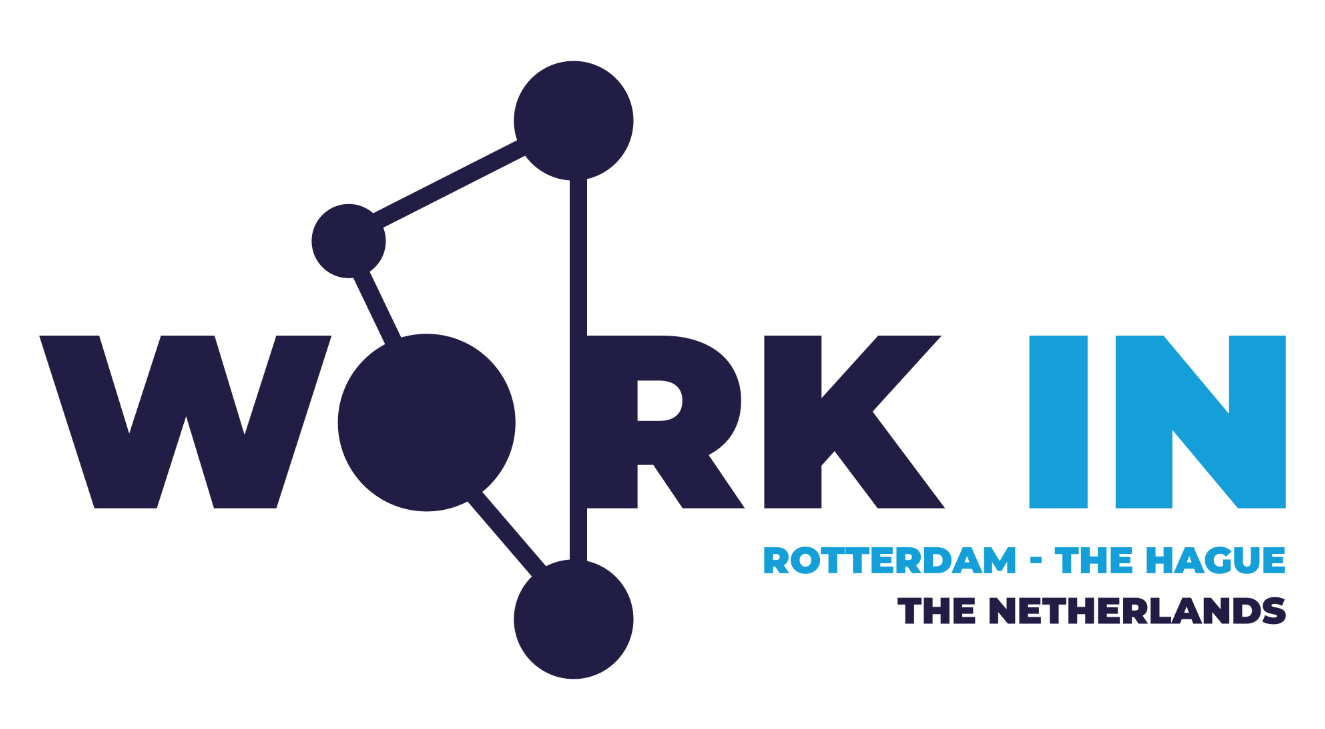Internship - Independent Oversight Mechanism (Evaluation)

International Criminal Court
23972| IOM
| Organisational Unit: | Independent Oversight Mechanism, Independent Oversight Mechanism |
| Duty Station: | The Hague - NL |
| Contract Duration: | 6 months |
| Deadline for Applications: | 26 May 2025 (midnight The Hague time) |
Due to the volume of applications received, only successful applicants will be contacted by the Court.
Required Documents for This Application
Please note that you will need to have the following information ready in order to complete your application:
- A completed “Duties and Responsibilities Form” (refer to step 1 on your eRecruitment Profile page).
- Motivation letter (maximum of 400 words).
- Two reference letters (one academic).
- Scanned copies of university degrees and/or diplomas.
- Scanned copies of official academic transcripts that state your courses, subject, results and completion date.
- Optional: Short essay on a subject relevant to the court (max. 750 words)
Contract Duration
Interns are required to work full time for a period of preferably six months (dates to be agreed to prior to commencement).
The Opportunity
The International Criminal Court (ICC) investigates and, where warranted, tries individual charged with the gravest crimes of concerns to the international community: genocide, war crimes, crimes against humanity and crimes of aggression. The Court is participating in the global fight to end impunity, and through international criminal justice, the Court aims to hold those responsible accountable for their crimes and to help prevent the crimes from happening again. You can contribute to this cause by joining the ICC.
Organisational Context
Within the ICC, the Independent Oversight Mechanism (IOM) operates as a subsidiary body of the Assembly of State Parties (ASP) exercising operational independence under the authority of the President of the ASP. Its purpose is to provide assurance to the Assembly of the effective and comprehensive oversight of the Court in order to enhance its efficiency and economy. This is achieved through the conduct of its three-fold mandate, namely; conducting independent evaluations, investigations and inspections.
The IOM is a subsidiary body of the Assembly of States Parties to the Rome Statute established in accordance with article 112, paragraph 4, of the Rome Statute, by Assembly resolution ICC-ASP/8/Res.1 of 26 November 2009, and amended by resolution ICC-ASP/19/Res.6 of 16 December 2020.
Duties and Responsibilities
Under the direct supervision of the Senior Evaluation Specialist and general direction of the Head of the IOM, the incumbent shall perform the following:
- Assist with the planning, organization and conduct of evaluations, as appropriate.
- Assist with the conduct of evaluation interviews by taking and summarising notes, validating them with interviewees and ensuring they are filed.
- Identify, collect and analyse qualitative and quantitative data and information relevant to any evaluation in order to integrate these into evaluation reports.
- Search for, collect, organise and manage evaluation information and knowledge, ensuring that it is up to date and archived in both electronic and hard copy formats, as necessary.
- Assist with the communication on the evaluation function, mandate, processes and developments.
- Assist with evaluation quality assurance, capacity development, and monitoring and evaluation activities.
- Assist in planning for and preparing briefings, meetings and presentations related to IOM evaluation mandate.
- Perform other duties as assigned by the Senior Evaluation Specialist.
Required Qualifications
Education:
All candidates must have a university degree or be in the final stages of their studies (preferably in evaluation, social psychology, sociology, international development, economics or any other social science or related field) from a recognized university. Candidates are expected to have a very good record of academic performance.
Experience:
Internship placements focus on candidates in the early stages of their professional careers, therefore, practical experience is not an essential prerequisite for selection. However, practical experience that is relevant to the work of the Court may be considered an asset.
Knowledge, Skills and Abilities:
- Strong analytical and drafting skills
- Able to adapt to a multicultural and multilingual working environment
- Possesses strong teamwork skills (listens, consults and communicates proactively)
- Has acquired a good standard of computer skills (including Microsoft Office applications);
- Other important qualities are discretion, reliability, intellectual rigor, precision, perseverance, creativity, co-operative spirit and integrity.
Languages:
Proficiency in one of the working languages of the Court, French or English, is required. Working knowledge of the other is desirable. Knowledge of another official language of the Court (Arabic, Chinese, Russian and Spanish) is an asset.
Other criteria:
It is the Court’s objective to have diversity and gender balance. In line with the ICC’s efforts to improve geographical representation among staff, nationals of non-represented and under-represented countries at the ICC are encouraged to apply. The list can be found here.
Remuneration
Please note that the ICC is not able to provide all participants in the Internship and Visiting Professional Programme with remuneration, nor is it possible to provide reimbursement for expenses incurred during the internship or visiting professional placement.
Applicants should therefore be able to support themselves for the duration of their placement.

